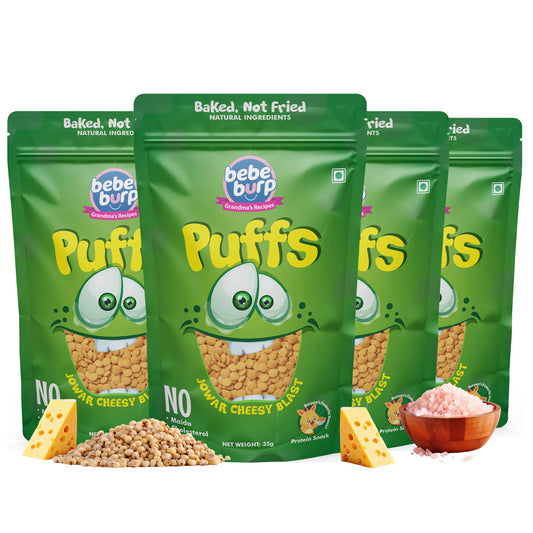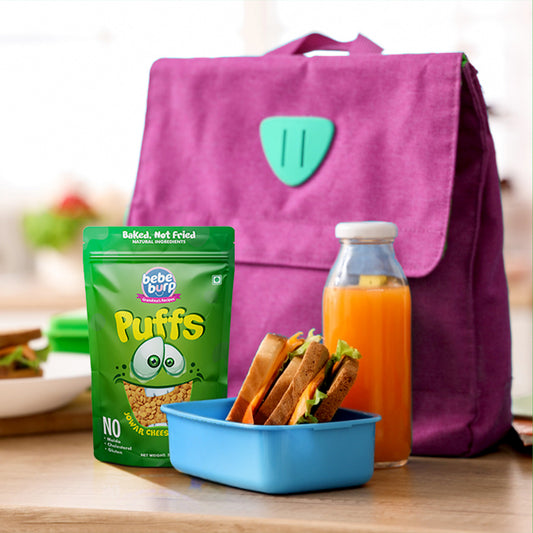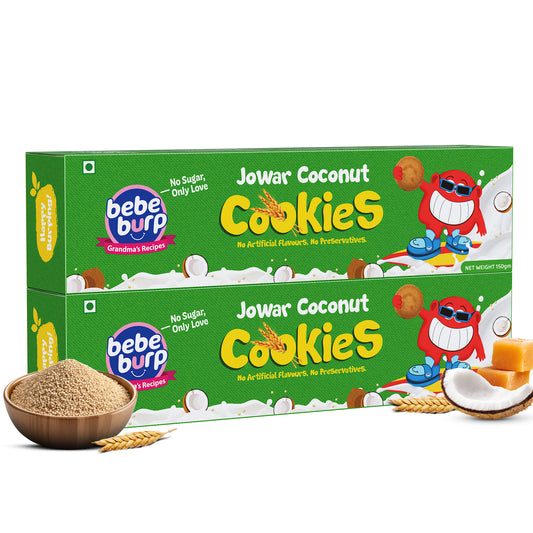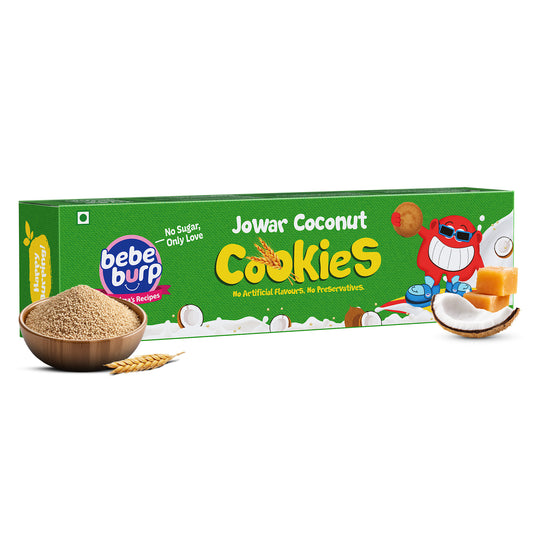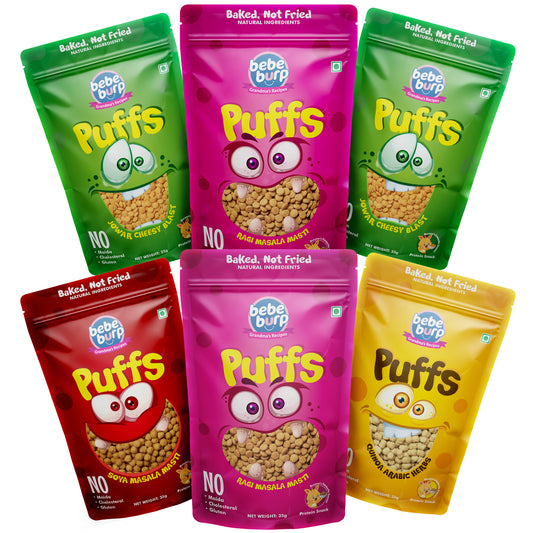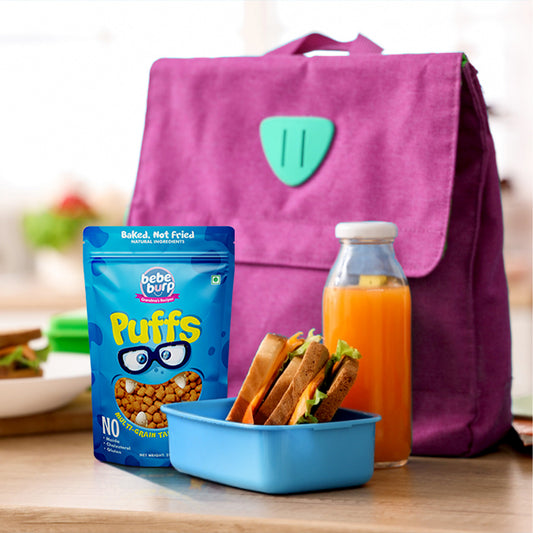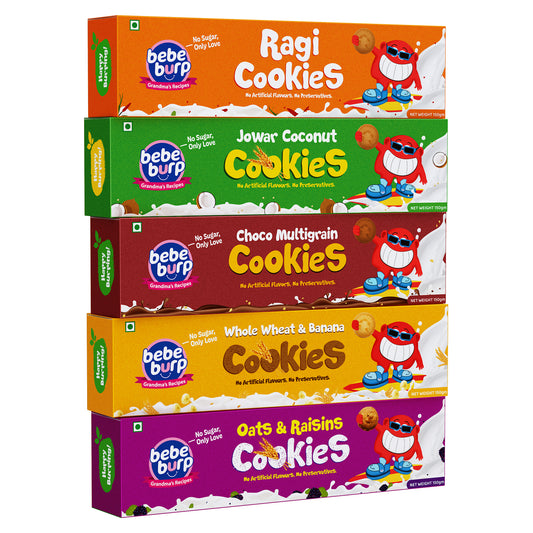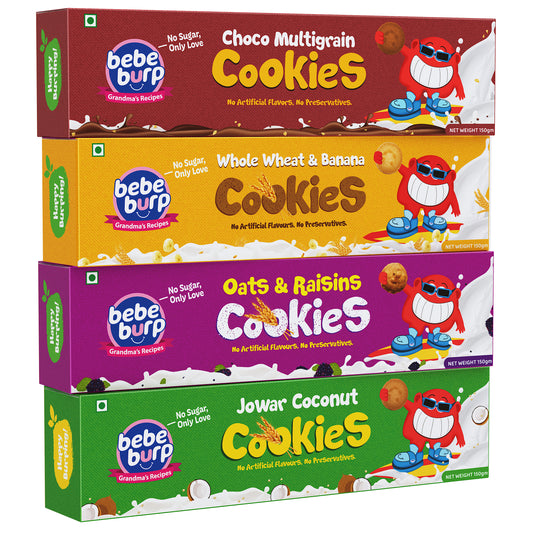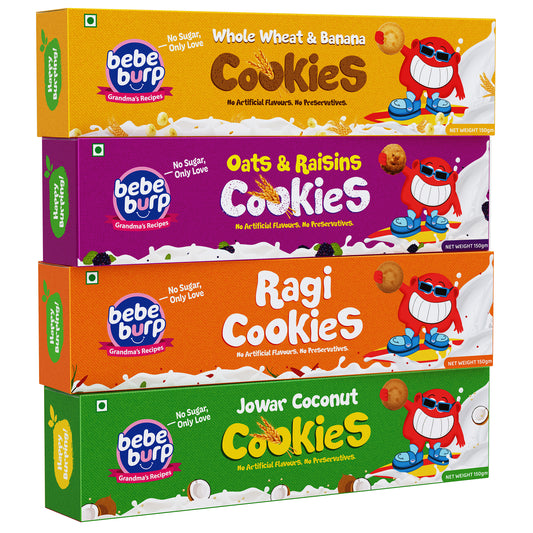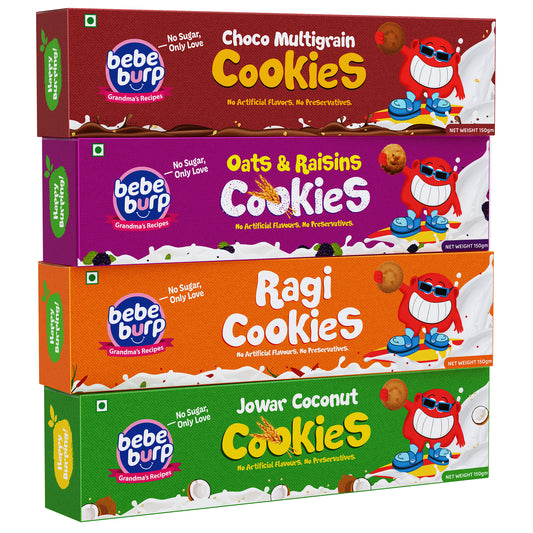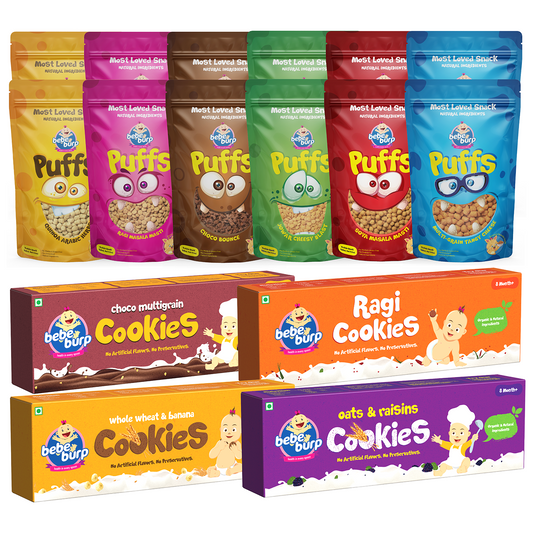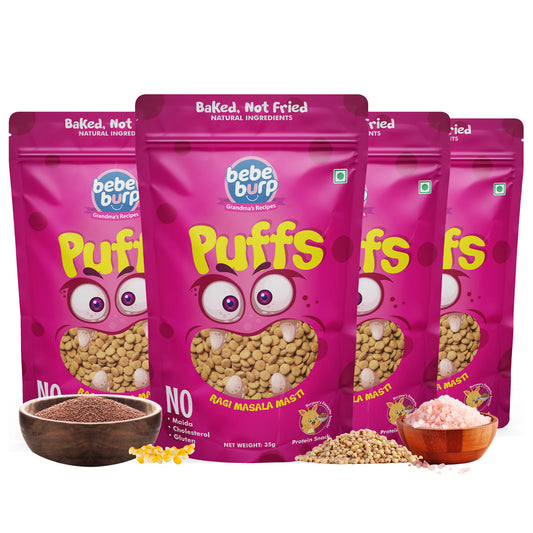In case you are a parent who is gluten-free and researching on gluten-free grains on behalf of your small one, you chartered the question-"Is Jowar gluten-free?"
Good news: this is not just a gluten-free ancient Indian millet but it is also rich in nutrients making it also a healthy choice that both a baby and a family will enjoy.
We will also extract the science behind jowar and its comparisons with wheat and other millets in this blog and how it is safe to test and cook in the home environment.
What Is Jowar?
Jowar- also known as sorghum bicolor in English is an ancient rain fed crop that resembles small corn kernels.
It has 4000 years of growth in India and is the fifth most significant millet-like grain in the world.
Jowar, or sorghum is an Indian cereal that has been in use by centuries since it was incorporated into baby food, porridge and rotis.
It is one of five big millets of India, and it is high in fiber, protein, and vital minerals.
Other names for Jowar:
- Sorghum (English)
- Cholam (Tamil)
- Jonna (Telugu)
- Jwari (Marathi)
Jowar is gluten-free and also a great substitute of wheat and barley particularly to individuals with gluten insensitivity or celiac illness.
Nutrition of jowar flour per 100 g
|
Nutrient |
Amount |
|
Energy |
329 kcal |
|
Protein |
10.6 g |
|
Carbohydrates |
72.1 g |
|
Dietary Fiber |
6.7 g |
|
Fat |
3.5 g |
|
Iron |
4.1 mg |
|
Calcium |
25 mg |
|
Magnesium |
160 mg |
|
Potassium |
363 mg |
Because of its high fibre and antioxidant profile, jowar is often labelled a “super-grain”—but the big question for celiac and gluten-sensitive readers is still: is jowar gluten free?
Does Jowar Contain Gluten? Science + Lab Sheet
Let’s clear the confusion — pure jowar does NOT contain gluten.
The Celiac Disease Foundation and USDA claim that the sorghum (jowar) is a naturally gluten-free cereal grain.
Nevertheless, gluten may occasionally enter in during cross-contamination during milling or packaging.
Key Points:
- Jowar is 100 percent gluten-free source.
- Gluten-Free, Certified on the label.
- Avoid flours processed in shared facilities with wheat, barley, or rye.
Science Fact: Gluten is a protein found in wheat, rye, and barley — not in millets like jowar, bajra, or ragi.
Jowar vs Wheat vs Ragi vs Bajra – Gluten & GI Table
|
Grain |
Gluten-Free |
Glycemic Index (GI) |
Best For |
|
Jowar |
Yes |
62 |
Gluten-free diet, digestion |
|
Wheat |
No |
70 |
Fiber & carbs (not for gluten-sensitive) |
|
Ragi |
Yes |
64 |
Iron & calcium boost for babies |
|
Bajra |
Yes |
54 |
Winter energy food |
How to Test Jowar at Home for Hidden Gluten
You can test the purity of your flour easily by the following:
Method 1: Gluten Detection Kit
- Purchase a gluten detector (such as Nima Sensor or EZ Gluten Test).
- Add a little flour, and do as you are instructed.
- A positive test means contamination — don’t use for gluten-free recipes.
Method 2: Water Dough Test (Basic)
- Mix 2 tbsp of jowar flour with water.
- Knead gently and stretch.
- Gluten-containing flour will stretch; jowar dough breaks easily — confirming no gluten.
Soft Jowar Roti Recipe That Doesn’t Break
Ingredients:
- 1 cup jowar flour
- ¾ cup hot water
- Pinch of salt
- Ghee (optional)
Steps:
- Add boil water and gradually add jowar flour and stir continuously.
- Mix until soft dough forms.
- Knead for 2–3 minutes.
- Roll small portions between plastic sheets.
- Roast on a hot tawa until brown spots appear.
- Brush with ghee and serve warm.
Tip: Add a spoon of rice flour for extra softness.
Who Should Still Avoid Jowar?
Jowar is healthy, gluten-free, and can suit any person, but not everyone.
Avoid if:
- You have sorghum allergy (rare but possible).
- Your baby is under 6 months (not ready for solids).
- You are on a low-carb or keto diet (jowar contains high carb).
Always introduce new foods slowly and watch for allergic reactions.
Quick-Fire FAQs (People-Also-Ask)
Q1. How much gluten is in jowar?
Q2. Is jowar good for weight loss?
Q3. Is ragi gluten-free too?
Q4. Is jowar millet?
Q5. Jowar side effects?
Q6. Is Jowar safe for babies?
Ans Yes, for 6+ months babies — it’s rich in fiber and nutrients. Start with soft porridge or pancakes.
Q7. Can I replace wheat with jowar?
Ans Yes, jowar flour works well in rotis, pancakes, or porridge — perfect for gluten-free diets.
Q8. Is Jowar better than rice?
Ans It depends! Jowar has more fiber and protein, while rice is lighter on the stomach.
Q9. Does jowar cause gas?
Ans Not usually, but introducing too much too fast can cause mild bloating. Start small!
Conclusion – Your Next Step
So, is jowar gluten-free? Absolutely, yes!
Next Step: Try Bebe Burp Millet Mixes — made with organic, gluten-free grains like jowar, ragi, and bajra.
Wholesome, natural, and 100% baby-safe.


